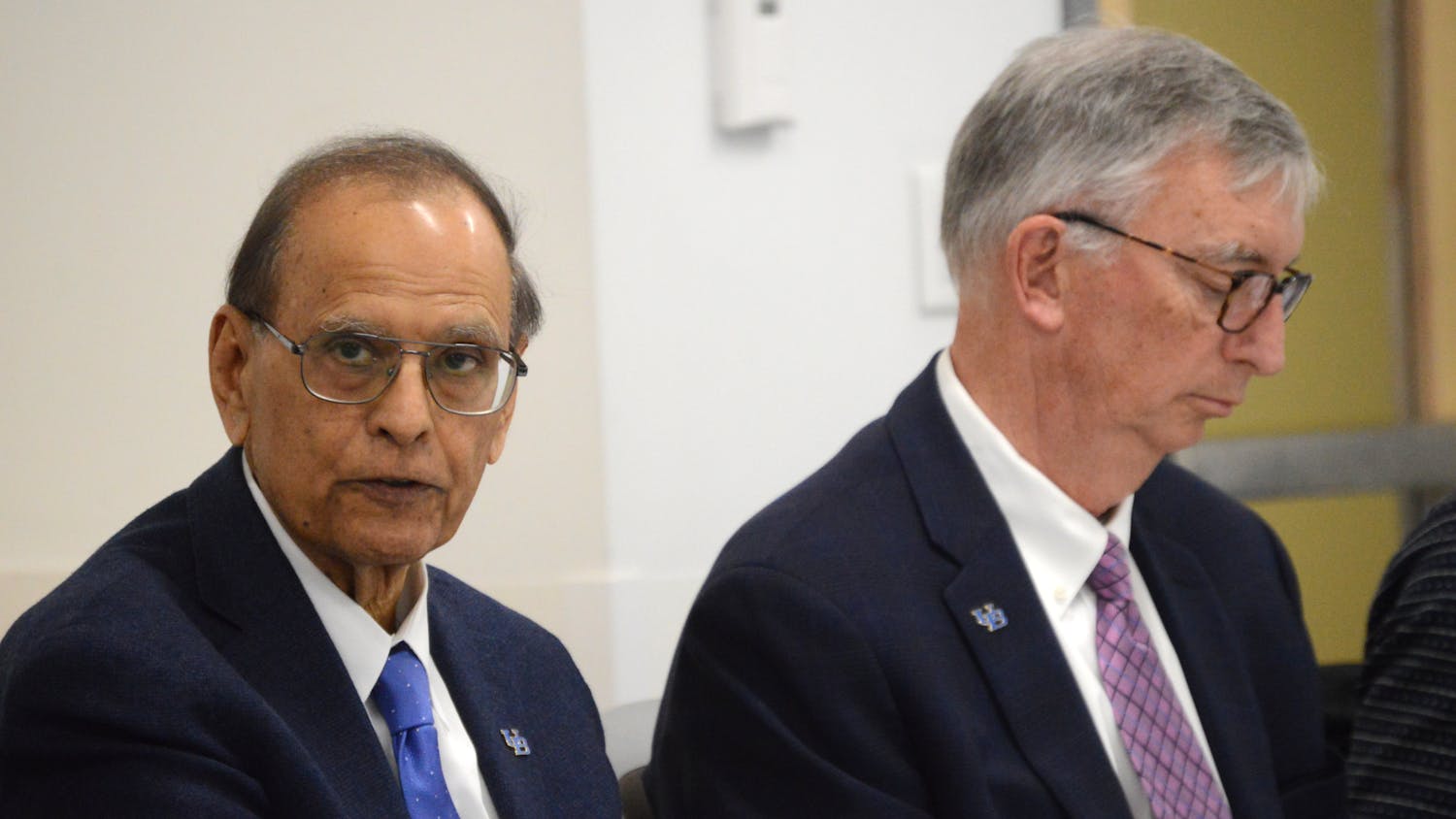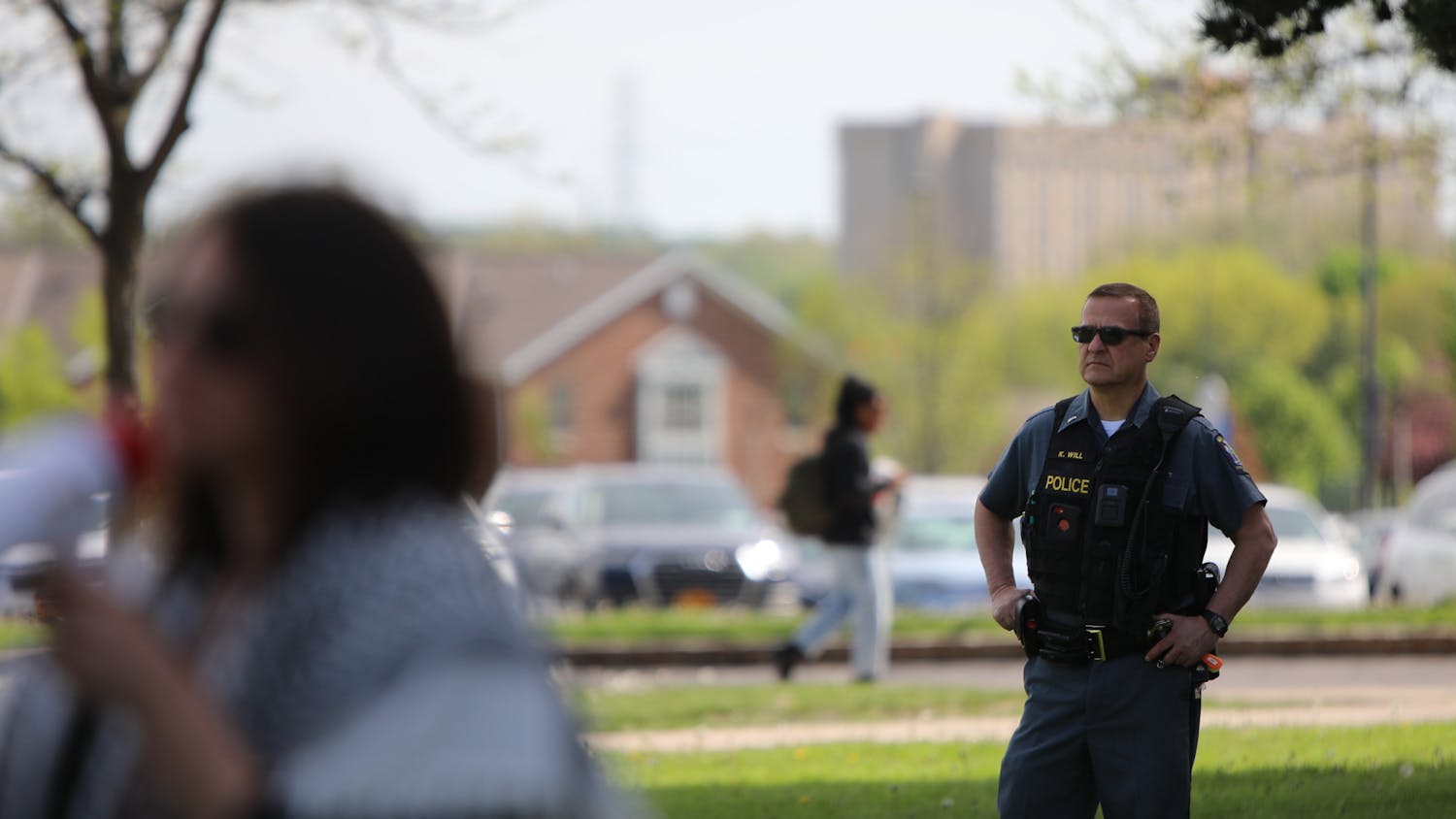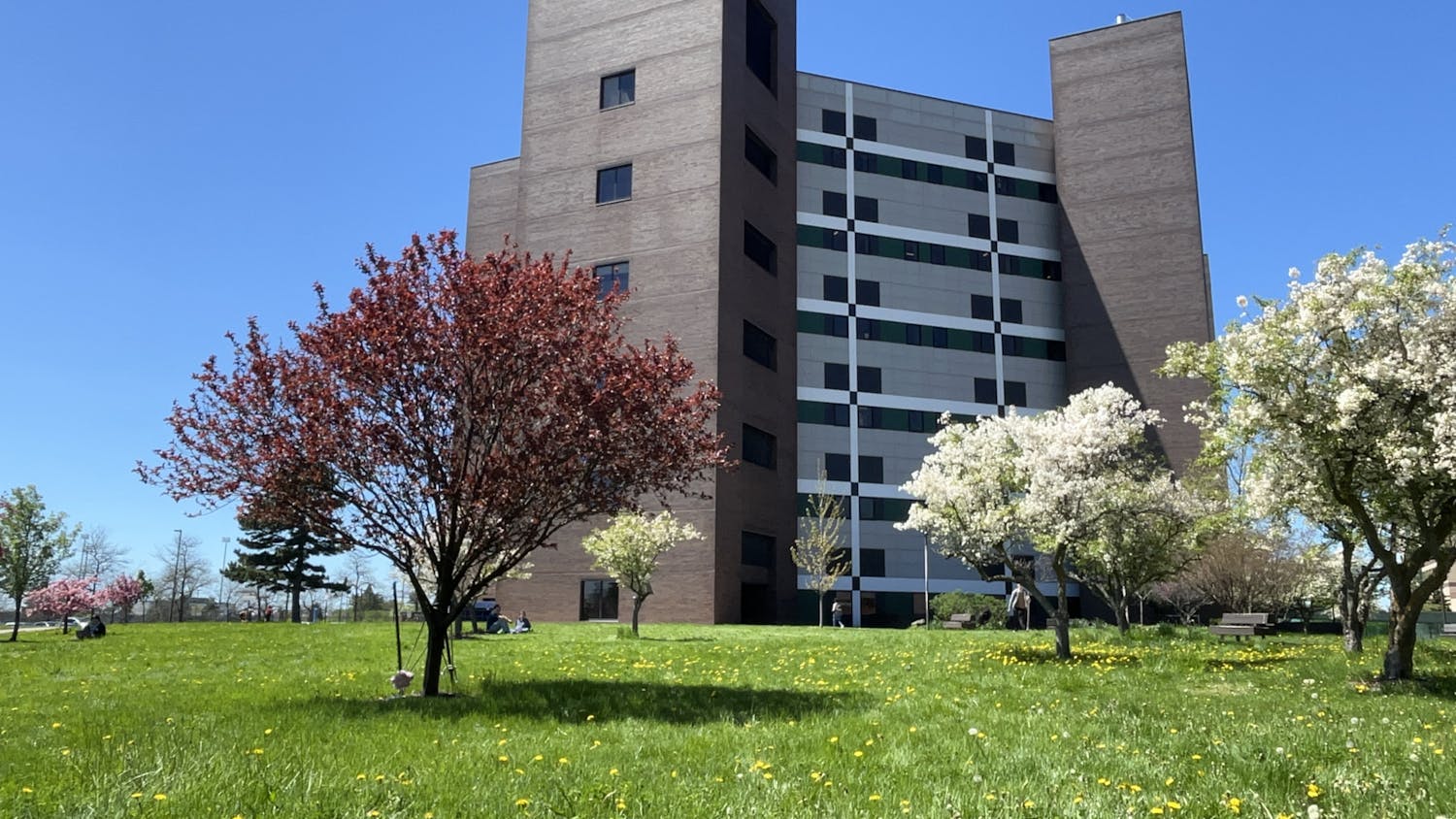The polls opened on May 19 as voters decided if their school budgets should pass or fail. According to the New York State Teacher’s Union, a record 99 percent of budgets passed this year, as opposed to 98.2 percent in 2014 and 95.3 percent in 2013. School budgets dictate how property tax money will be spent in a district and also have the potential to raise those taxes.
Yet, strangely, you don’t have to be a taxpayer to vote.
It is unfair to property tax payers that simply anyone who meets the age and residency requirements can vote on a school budget. Non-taxpayers do not feel the repercussions of raised taxes and it isn’t their money being spent in a school budget. In sum, they have virtually no vested interested in the outcome of the election.
For example, my family consists of five people: my parents, my two siblings, and myself. The only people who pay property taxes are my parents. Under the current rules, my siblings and I could “outvote” them three to two in a school budget vote. This effectively eliminates their say in the budget vote and could even result in a tax increase that they would have to foot the bill for. My siblings and I don’t pay taxes, so not only is it not our money being spent, but we would also not feel the effects of nor care about a tax increase.
It has not always been this way.
New York State had a law on the books that took care of this exact problem. It stated that potential voters in a school budget election “must either own or lease taxable real property within the school district, be the spouse of a property owner or lessor, or be the parent or guardian of one or more children enrolled in a public school within the district.”
This law worked perfectly – until it was declared unconstitutional by the Supreme Court in 1969. The law allowed taxpayers and those who had children in a school district to decide how their money would be spent. This makes perfect sense. These are the only people who contribute money to the budget and have an interest in how it is spent. Parents of children within a district obviously have an interest in how education money that affects their children is being spent. It did not allow for someone to vote that did not have any interest in how budget money would be spent or feel the effects of a potential tax increase.
The Supreme Court ruled in Kramer v. Union Free School District No. 15 (1969), that the law violated Morris Kramer’s constitutional rights under the Equal Protection Clause of the 14th Amendment.
It is hard to see how his rights were being violated.
Justice Potter Stewart put it best when he said in his dissent that the state may put restrictions into place, so long as said restrictions are “reasonably designed to promote intelligent use of the franchise.”
That is exactly what that the old law did. It intelligently limited voting by only allowing those who had a legitimate interest in the outcome to vote. We have similar laws governing other elections as well. Potential voters must register and fulfill age, residency and citizenship requirements to be allowed to cast their ballot. It would be unheard of to allow an illegal immigrant – someone who has not met the basic criteria to vote and has little to gain from an election – to vote.
The constitution only specifies that a state may not discriminate based on sex, race and the minimum age of 18. Other than that, state legislatures have high levels of discretion in setting other standards to vote. For example, according to the American Civil Liberties Union (ACLU), 48 states have some form of restriction that prohibits convicted felons from voting. They can range from temporary to permanent disenfranchisement.
Unfortunately, the only way to remedy this problem would be by amending the constitution, or having the Supreme Court overturn the Kramer decision. Amending the constitution requires either a two thirds vote by both houses of Congress, which is then approve by three fourths of state legislators, or two thirds of state legislatures calling for a constitutional convention. This is obviously no easy task.
The Court has, however, backed away from the Kramer ruling over the years. The case remains good law, but a challenge may be all that is needed to have the court overrule its decision. Hopefully a challenger will win their case and the court will fully overturn the ruling.
Homeowners and property taxpayers should be able to decide what is done with their money, without anyone else meddling in the vote.
William Krause is the political columnist and can be reached at william.krause@ubspectrum.com





